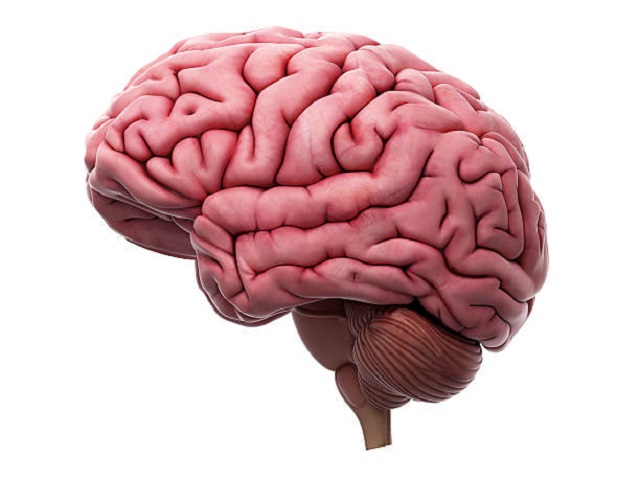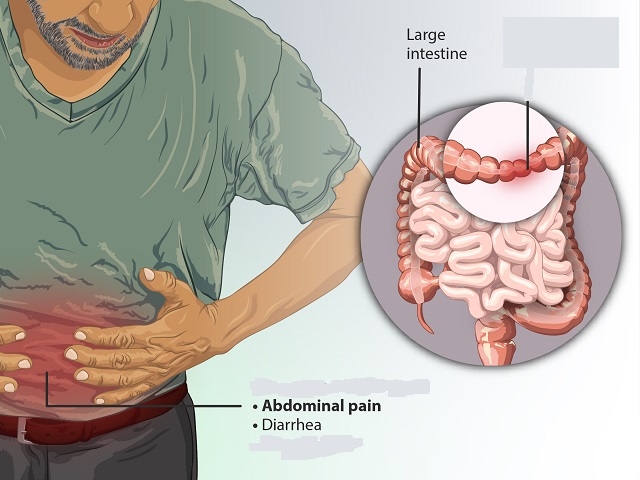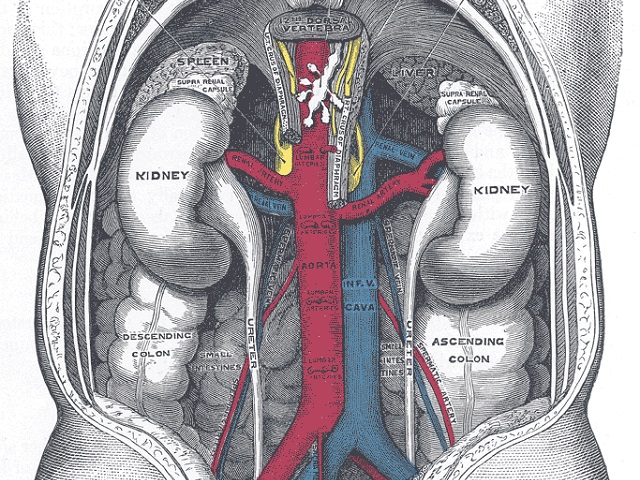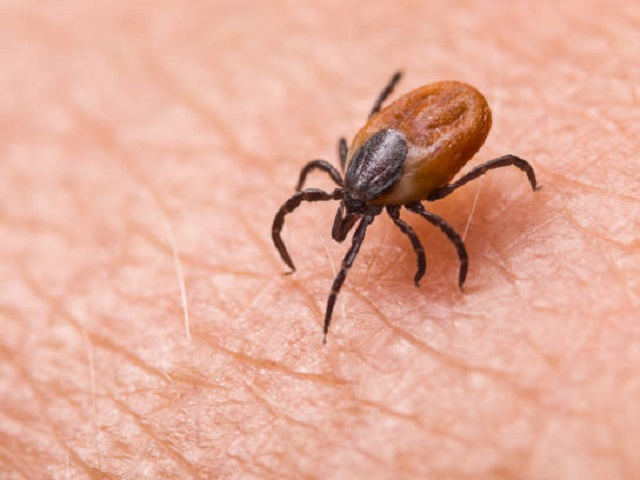6 Signs You May Have Alzheimer's Disease -- Symptoms, Causes, Effects, Treatment and Prevention
Alzheimer's disease is a progressive neurological disorder that primarily affects memory, thinking, and behavior. It is the most common cause of dementia, a group of brain disorders that impair cognitive function. Alzheimer's disease gradually worsens over time and can significantly impact an individual's daily life. While the exact cause of Alzheimer's disease is not fully understood, there are both genetic and environmental factors that contribute to its development. Currently, there is no cure for Alzheimer's disease, but treatment and management strategies can help alleviate symptoms and improve quality of life.
Symptoms of Alzheimer's Disease:
The symptoms of Alzheimer's disease can vary, but commonly include:
- Memory loss, especially recent events or newly learned information
- Difficulty with problem-solving, planning, and making decisions
- Confusion about time or place
- Challenges with language, such as finding the right words or following a conversation
- Poor judgment and decision-making
- Changes in mood and personality, including increased irritability or withdrawal from social activities
Causes of Alzheimer's Disease:
The exact causes of Alzheimer's disease are still being studied, but researchers have identified several factors that may contribute:
- Genetic factors: Certain genes, such as the APOE gene, have been associated with an increased risk of developing Alzheimer's disease.
- Age: Advancing age is the most significant risk factor for Alzheimer's disease.
- Brain changes: Alzheimer's disease is characterized by the accumulation of beta-amyloid plaques and tau tangles in the brain, which disrupt the normal functioning of neurons.
Effects of Alzheimer's Disease:
Alzheimer's disease can have a profound impact on individuals and their families, including:
- Progressive cognitive decline: Memory loss and other cognitive impairments worsen over time, leading to difficulties with daily activities and independence.
- Emotional and behavioral changes: Mood swings, irritability, agitation, and even depression are common in individuals with Alzheimer's disease.
- Functional decline: As the disease progresses, individuals may struggle with basic tasks such as dressing, eating, and personal hygiene.
- Increased dependency: As cognitive abilities decline, individuals with Alzheimer's disease often require assistance with everyday tasks and may need round-the-clock care.
- Treatment and Management of Alzheimer's Disease:
While there is no cure for Alzheimer's disease, several treatments and management strategies can help manage symptoms and improve quality of life. These include:
- Medications: Cholinesterase inhibitors and memantine are commonly prescribed to help manage cognitive symptoms.
- Cognitive and behavioral interventions: Strategies such as memory aids, cognitive training, and behavioral therapies can help individuals cope with memory loss and behavioral changes.
- Supportive care: Providing a safe and supportive environment, ensuring adequate nutrition, and managing other medical conditions can contribute to overall well-being.
Prevention of Alzheimer's Disease:
While it is not possible to prevent Alzheimer's disease entirely, certain lifestyle choices may help reduce the risk or delay its onset. These include:
- Regular exercise: Engaging in regular physical activity has been associated with a reduced risk of developing Alzheimer's disease.
- Healthy diet: Consuming a balanced diet rich in fruits, vegetables, whole grains, and healthy fats may contribute to brain health.
- Mental stimulation: Keeping the brain active through activities such as reading, puzzles, and social interaction may help maintain cognitive function.
- Managing cardiovascular health: Maintaining healthy blood pressure, cholesterol levels, and controlling diabetes can lower the risk of cognitive decline.
In conclusion, Alzheimer's disease is a progressive neurological disorder that affects memory, thinking, and behavior. While there is no cure, early diagnosis, treatment, and supportive care can significantly improve the quality of life for individuals with Alzheimer's disease and their families.
References:
Alzheimer's Association. (n.d.). Alzheimer's Disease & Dementia. Retrieved from https://www.alz.org/alzheimers-dementia
National Institute on Aging. (2020). What Is Alzheimer's Disease? Retrieved from https://www.nia.nih.gov/health/what-alzheimers-disease


















